BREAKING: Liquid Biopsy Tests Show 97% Accuracy in Early Stages Pancreatic Cancer
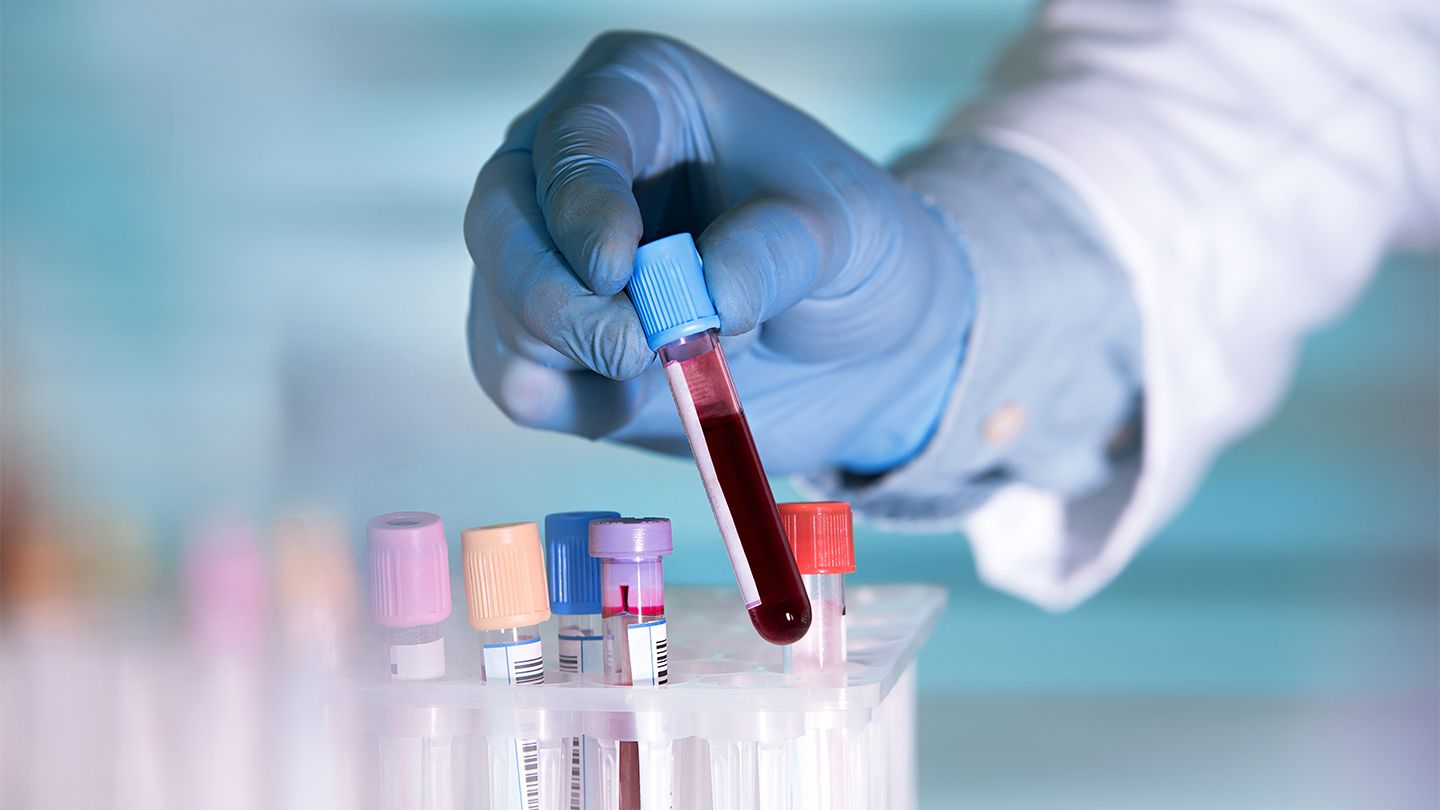
United States: There are no standard tests so far made available to early detect cases of pancreatic cancer when the spread of cancer is in a limited area of the body.
According to the expert’s report, detecting pancreatic cancer early would facilitate prolonging a patient’s life in many instances.
Pancreatic cancer Menace
As per CNN Health Reports, cancer in the United States shows that pancreatic cancer has only about 3 percent rate (percent). Although it is not the leading cause of cancer-related deaths, it still finds itself in the number three spot by that criteria. On the other hand, it is suspected that it will be the greatest cause of cancer a decade from now, while smoking is currently the most popular cancer trigger.
Throughout the US, research groups are looking into discovering where these cases were discovered earlier, with many relying on naming blood-based liquid biopsy tests for their cure.
Dr. Brian Wolpin, director of the Gastrointestinal Cancer Center at Dana-Farber Cancer Institute, said, “This term ‘liquid biopsy,’ essentially, is trying to find markers in the blood that signify a tumor is present – and there are many different ways to do that. There are a lot of different features of a tumor that can end up in the blood that you could use,” CNN Health reported.
The potential of liquid biopsy tests

Various works are looking into the benefits of liquid biopsy tests in the detection of pancreatic cancer in its incipient phase since most studies are still in the early stages.
On the other hand, the US Preventive Services Task Force suggests against cancer screening of the pancreas in adults who are not symptomatically ill since there is no method or test to identify the disease early in the general population.
Ongoing research on liquid biopsy test

Researchers from one group performed a liquid biopsy test Monday at the annual meeting of the American Association for Cancer Research, revealing that they were able to diagnose 97 percent of the early stages of pancreatic cancer (stages I and II) in more than a hundred volunteers.
The investigators are from the City of Hope Comprehensive Cancer Center and from different hospitals and other institutions globally.
The research included approximately 984 people, some healthy and others with pancreatic cancer. All participating individuals were from four distinct populations: Japanese, European-American, South Korean, and Chinese.
The scientists got the blood samples drawn from each person, and later, their plasma was tested for the expression of a group of small genes called microRNA. This group of microRNAs was either found inside the blood or encapsulated exosomes within the blood.
Exosomes are the small fragments that are secreted by malignant cells and healthy cells into the circulatory system by the cell membrane.
Dr. Ajay Goel, senior author of the study and the chair of the Department of Molecular Diagnostics and Experimental Therapeutics at City of Hope, said, “Cancer cells tend to release many, many more exosomes compared to our healthy cells because our healthy cells do not multiply as fast as cancer cells do,” as CNN Health reported.
“And once these exosomes are released by the tumor cells, they circulate in our bloodstream,” he said.
Research revealed that the liquid biopsy approach was able to identify 93 percent of US pancreatic cancers, 91 percent of pancreatic cancers in the South Korean community, and 88 percent of pancreatic cancers in a Chinese sample.
The second time, the researchers did their test using their exosome-based markers and they also tested for one protein, which is known as CA19-9, which is associated with pancreatic cancer.
The two researchers observed that their technique was enhanced when coupled with CA19-9 screening, they were able to accurately detect 97 percent of pancreatic cancers US participants at stage1 and stage 2.
Goel said, “It’s very important to diagnose the disease at the earliest possible stage, like stage I or II disease, which means there is a higher chance that the cancer is operable surgically,” and, “The best cure for a pancreas patient is not chemotherapy or drugs but to take the cancer out.”
Added further, “That’s why it is very important that this blood test is so good that it can, 97% of the time, find the cancers at the earliest possible stages where we can intercept the cancer, where we can intervene, and we can surgically remove this cancer effectively,” said Goel.
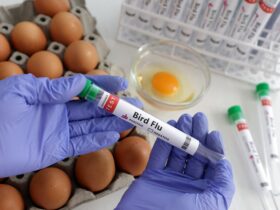
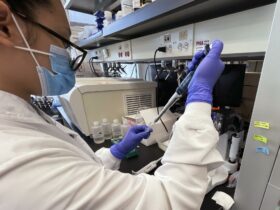
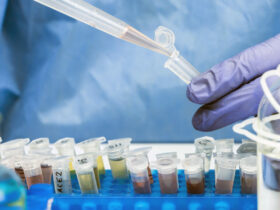



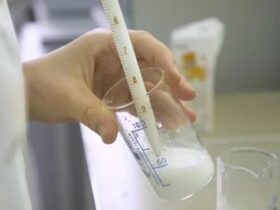
Leave a Reply